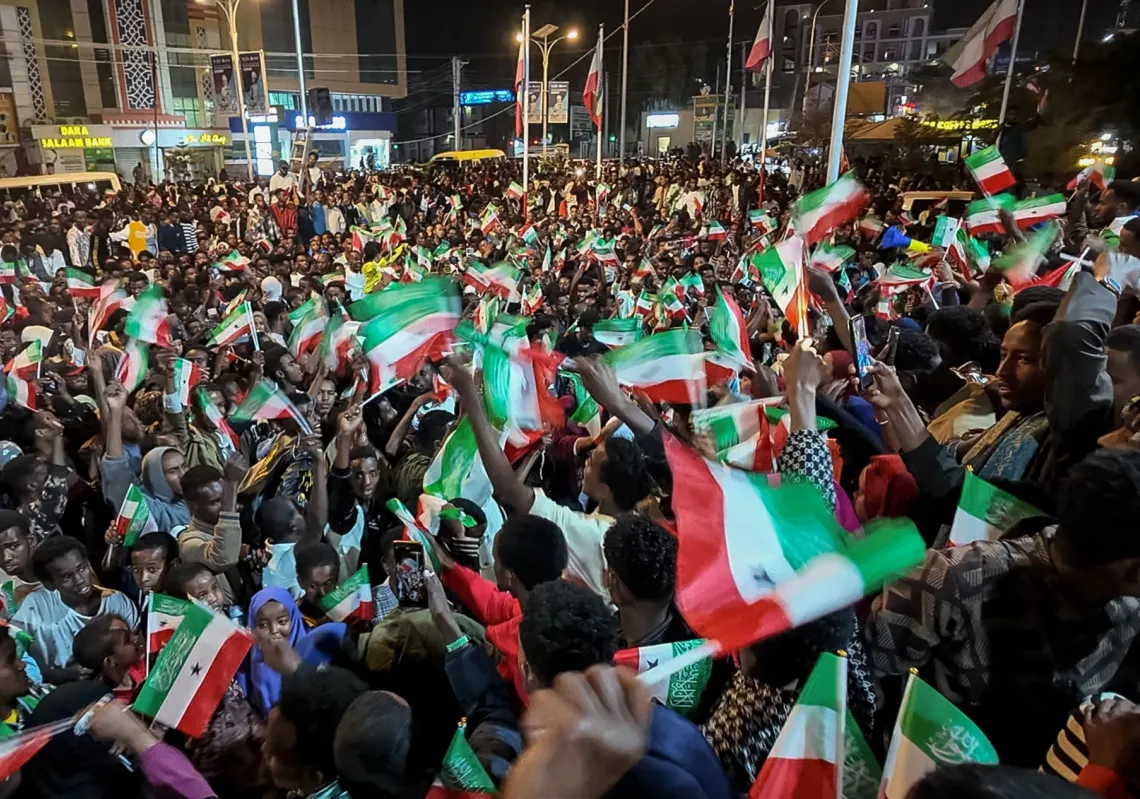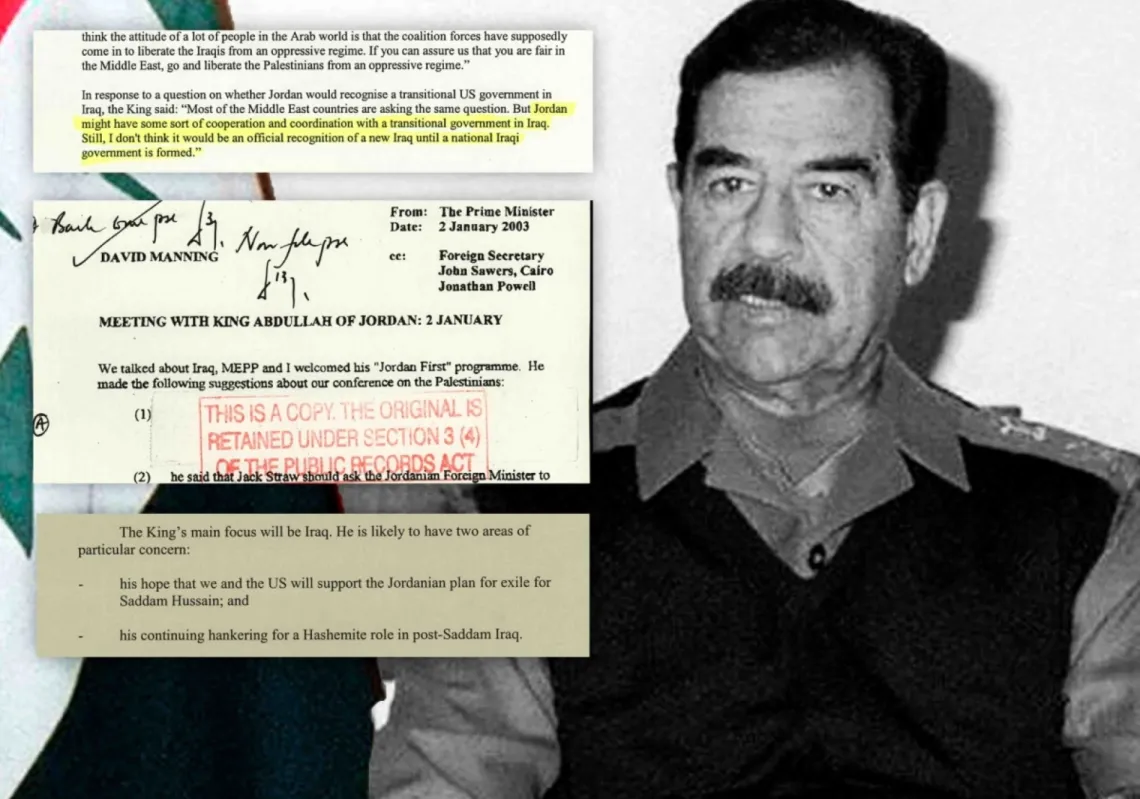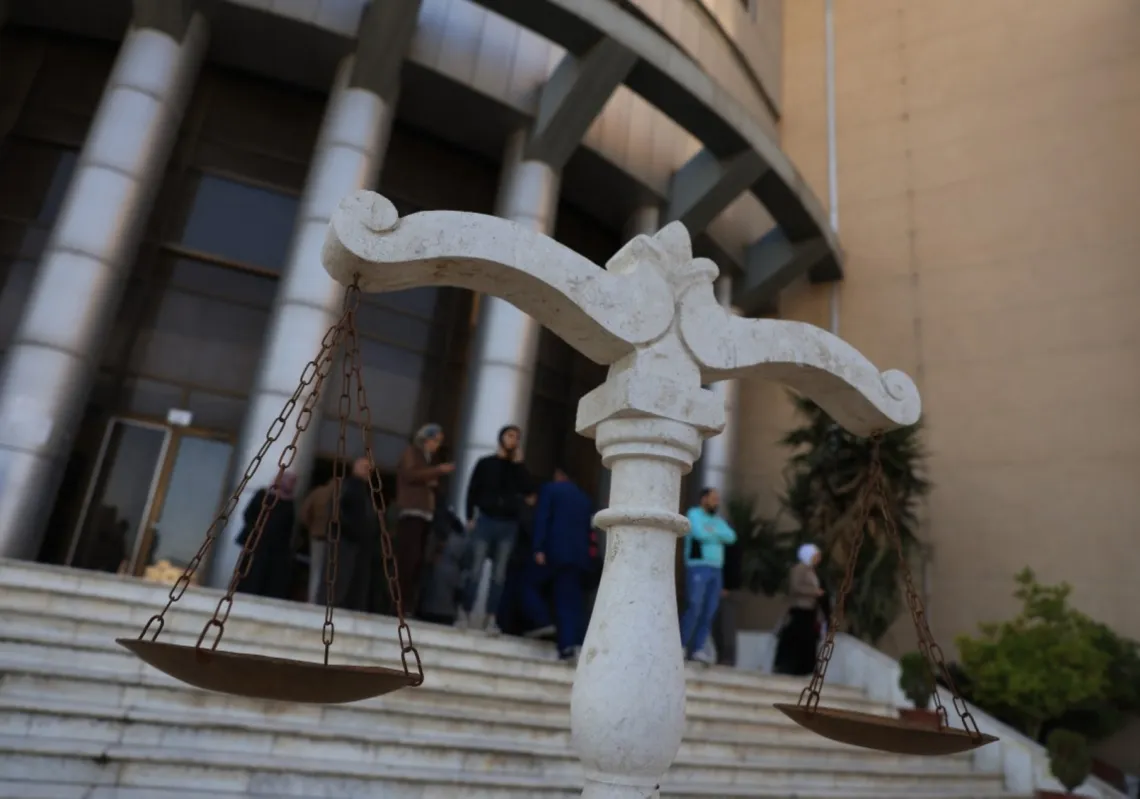He is a military man of the first order, skilful in the art of politics and decision-taking behind the scenes. He is considered by many as the country's savior during several political and military crises. He is loyal to his friends and his past army commanders. Such is Pakistani army commander Lieutenant General Ashfaq Parvez Kayani.
Kayani was described as a savior of his leaders during his post as the second man in the military establishment which was headed by former president Pervez Musharraf. He was considered Musharraf's right arm and secured his trust after saving him from several assassination attempts during his post as head of the internal army intelligence. Through his office, Kayani managed to identify those behind Musharraf's assassination attempt in 2003. He was able to arrest Abu Farag Al-Libi, the mastermind of the assassination attempt in 2005. This effort bestowed Musharraf's love on him and brought him closer to the president.
No wonder that Musharraf praised him in a book that he wrote under the title "On the line of fire". In the book he wrote: "The firmness and toughness of Kayani in running the security systems raised their levels and made them work more effectively by elevating inter-cooperation and coordination, which led to positive results."
Kayani joined the military establishment in 1970 as a first lieutenant in the infantry and kept ascending in ranks. He served as Assistant Deputy Prime Minister for military affairs under Pakistan's Benazir Bhutto, the late prime minister in the late 1980s. Afterwards, he assumed a number of military posts.
During Musharraf's rule, he was promoted to the rank of major general then a Lieutenant General in 2003, till he assumed the post of head of military intelligence, which is one of the most powerful security agencies. Then he took the office of head of domestic intelligence, and then the post of the Army Commander, after Musharraf gave up the post. The latter gave him the stick as a matter of ceremony, signing a hand- over of military power in a joyful military celebration.
The army commander's post and the political role:
There is no doubt that there is a story, secrets and mysteries behind passing over the post of army commander to him. It is not easy for Musharraf to abandon the post. The opposition, headed by the late Benazir Bhutto, has called on Musharraf to submit his resignation from the post of army commander, as a condition for showing his good will towards political openness, and the return of democracy to the country and as part of a deal with the army. Musharraf handed over the post to Kayani who accepted it in order to play a hidden political role in alleviating the tension between the politicians and Musharraf at the time. He proved faithful and did not take any military action against Musharraf, who remained as head of state at the time.
Rescuing Musharraf one more time
The persistence of political struggle between Musharraf and his rivals and the actions taken by Musharraf to declare the state of emergency and the dismissal of Chief Justice Iftikhar Jodri, complicated the political situation in the country which turned into a boiling volcano that could explode at any moment.
Here Kayani stepped in again through the military establishment to convince the opponents of Musharraf not to question him in front of the parliament, which could overthrow Musharraf formally. This could have taken the country into a major political crisis, in addition to Kayani giving clear orders to all sectors of the armed forces not to interfere in politics, and not to meet any politician, referring to Musharraf, who tried to contact the army after giving up the post of army commander.
Kayani's decision was clear and delivered a message to Musharraf that the military will not stand on his side and he should resign in return for guarantees that he would not be questioned. Kayani could achieve what he wanted, and succeeded in defusing the tension and saved the country from a political crisis.
Everyone welcomed his efforts including all Pakistani parties and he could win their confidence, especially after the elections were held that were considered completely fair. The elections resulted in the success of the People's Party, which was followed by Asif Ali Zardari assuming the post of president.
The capacity for containment
Kayani successfully managed the military command, known as the shadow political command, especially when the political situation benefited him immensely through his contribution to solving the judicial crisis between Pakistani President Asif Ali Zardari and the lawyers' movement. The movement has been calling for the return of the dismissed judges to their posts, especially Chief Justice Iftikhar Jodri. Zardari stalled in the return of Jodri and took several judicial measures to dismiss some judges and appoint new ones.
Zardari tried as much as possible to block the return of Jodri, prompting former Prime Minister Nawaz Sharif to lead a protest of a million people starting from the city of Lahore to threaten the rule of Zardari. The security forces have failed to stop the march and Kayani intervened again to convince Zardari of the necessity to issue a decision re-installing the judges, and Jodri on top of them.
Zardari did not have a choice but to accept this solution. So Kayani could defuse another political crisis and protect the country from its consequences.
There were other issues that Kayani handled with excellence. No doubt that the nuclear issue that worries Washington was at the top of these issues.
Kayani has rejected U.S. and Western accusations citing his country's inability to protect its nuclear facilities. He dismissed the concern that those facilities might fall in the hands of al-Qaeda and the Taliban and assured them that it was impossible, since the armed forces have sufficient capacities to protect nuclear facilities, stressing that they were under control.
Kayani took another tough stance that goes in his record, when he refusal to put the top Pakistani nuclear scientist Abdul Qadeer Khan to inquiry by any foreign party. The scientist has been alleged to have passed nuclear technology to other countries. Khan's case was closed and he was allowed to travel freely following the court's decision to lift his house arrest.
Taliban,Al-Qaeda and the tribal areas
The regional and international situation was among Kayani's concerns as he ruled the military establishment, and he knew the pressures faced by his country.
The case of the tribal areas, Al Qaeda and the Taliban have been the focus of attention of the international community, which showed permanent concern over the existence of a safe haven in those areas for terrorists , as they provided logistical support for the Taliban in Afghanistan. Taliban has been noticeably active and was able to raise the level of its military performance against the NATO and U.S. forces in Afghanistan. This prompted the Bush administration to approve bombing operations in the border areas of Pakistan without reference to Islamabad. This upset Kayani who called for a halt to these attacks. However, he could not until now convince the U.S. military command of the need to stop the attacks, since he considers them a violation of the sovereignty of Pakistan.
The U.S. bombing will also fuel feelings of anger against U.S. policies in the region. But at the same time, he did not ignore the presence of Taliban in those areas and he approved the government's decision to launch a major military campaign on the Swat Valley, after the government accused the Taliban of violating the peace agreement in those areas. Meanwhile, the Taliban also accused the government of violating this agreement. Regardless of who did so, the decision to go to battle was taken and the army carried out operations under Kayani's command and was able to control many areas.
But this operation, yet to be finished, had some reverse results, leading to the displacement of at least two million people and resulted in a critical humanitarian situation, prompting many of the political forces to criticize the decision of war, in an indirect reference to the command of the Pakistani army.
They also demanded a halt to the war and an emergency aid for the displaced people affected. Kayani formed a military commission for relief, to work side by side with civilian relief organizations to provide assistance to those harmed.
But many people see that no one can predict when this battle will end as easily as they witnessed its start, and its consequences on the military and political levels. This prompted everyone with no doubt to observe how Kayani would deal with the crisis, and wonder about his ability to salvage the country from it, as he used to save the country from previous crises.
Sadiq Bilal – A journalist specializing in Pakistani affairs








